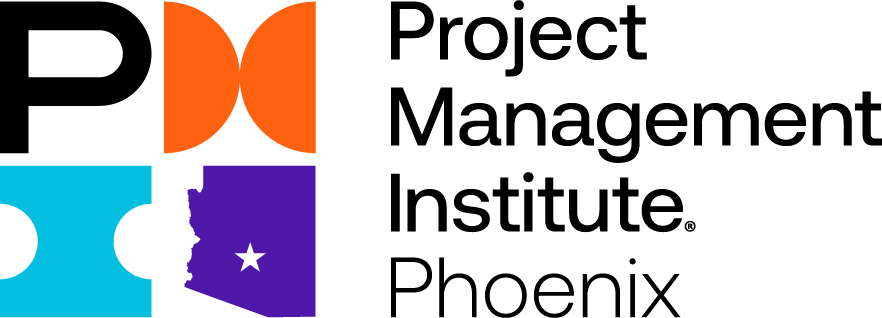How do you decide which project management approach is best for your project? Let's review them to help you decide.
Waterfall
The Waterfall method usually includes five project management stages (or phases): Initiation, Planning, Execution, Monitoring/Control, and Closing
Waterfall is a linear form of project management ideal for projects where the end result is clearly established from the beginning of the project. The expectations for the project and the deliverables of each stage are clear and are required in order to progress to the next phase.
Agile
Agile project management is a flexible and iterative approach that enables teams to quickly adapt to changing project requirements and deliver high-quality results within shorter timeframes.
Agile method is about teamwork, customer satisfaction, constant refinement, and breaking big projects into bite-sized pieces. By prioritizing collaboration and communication, agile processes enable teams to pivot and respond to evolving customer needs while maintaining a high level of flexibility. The focus on continuous improvement means that teams are always seeking ways to optimize their processes and deliver the best possible results.
The Project Management style
As the Project Manager you are responsible to select the correct method that will deliver the best possible result. The Project Manager needs to understand how the project is currently organized and the reporting process. Understanding of the requirements, timeline, deliverables, best company practices, management structure and individual contributors skills is key to develop the Project Scope Statement.
Foundation of Waterfall and Agile
The main difference is that Waterfall is a linear system of working that requires the team to complete each project phase before moving on to the next one, while Agile encourages the team to work simultaneously on different phases of the project. Does your project require strict regulations or requirements? Waterfall is better suited for projects with regulations or requirements (Like formal Contract or DoD contract). The Agile process is mostly found in IT companies, that have requirements that allow some variability and the team can create a prototype and move fast and proceed in parallel in different phases. When choosing between Agile and Waterfall, consider how involved the project owners or stakeholders will be in the project. Agile is better suited for projects where stakeholders need to be closely involved every step of the way and require flexibility. Waterfall is more schedule focus with fixed dates and hard requirements.
|
|
Waterfall |
Agile |
|
Approach |
Hands-off, except with upfront planning |
Frequent stakeholder and client interaction and discussion |
|
Schedule |
Fixed timeline defined in the initial plan |
Sprint is a time block and can include experimenting and different directions. A sprint cycle should deliver a functional element at the end. |
|
Stakeholder Involvement |
Limited client involvement, project owner defines key upfront requirements. |
Expected and continuous. Clients are expected to define the functional use. |
|
Requirements |
Fixed and established early |
Can evolve throughout project |
|
Flexibility |
Low; each phase needs to be fully completed before moving on to the next phase. |
High. Work is done in sprints. This method welcomes adapting to different direction in future sprints |
|
Budget |
Fixed. The project is defined at the start. |
Flexible. Agile is open to adaptation and change of direction. Should provide impact of change |
About the Author: Bruce Schwickrath, PMP
PHX Mentorship Program Director
BRUCE SCHWICKRATH PMP CSM LSSMBB
- Joined PMI in 2001, and PMP certified 2005
- Denver Chapter Member from 2001
- Phoenix Chapter Member from 2017
- Booz Allen Hamilton as Advisory Project Manager to the Navy DoD for 13 years
- Chapter President of the Southern Maryland Project Management Institute (PMI)
- Wrote parts of the PMBOK 5 edition
- Leader/ Project Manager for the PMI 2010 Global Congress conference in (DC)
- Presenter for Denver PMI Chapter for the Saturday 1/2 day monthly workshops at Regis University
- PMI Global Knowledge Management Leader to the PMI Consulting Community of Practice
- President and founder of the Southern Maryland Software Process Improvement Network (SPIN)
